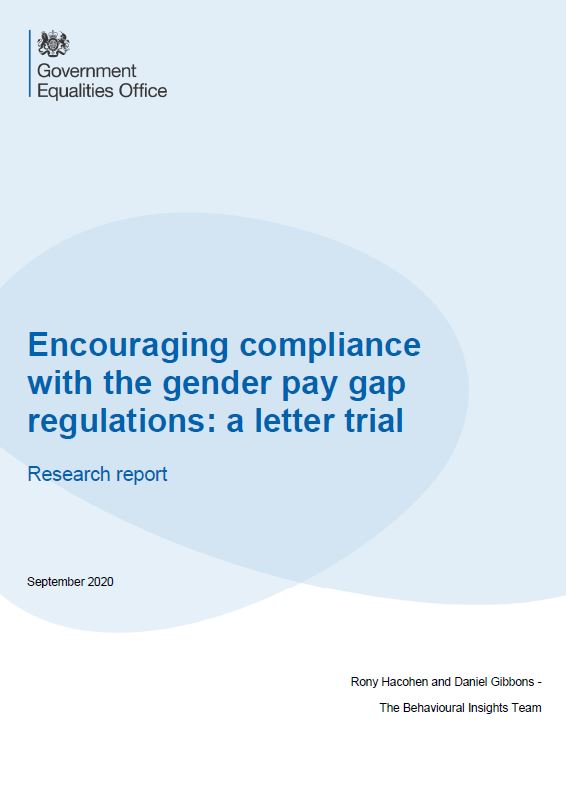In this global research programme, we reveal the harsh reality that women in low-paid and low-skill work face across the UK, France, Spain, and South Africa. Today we publish four reports summarising the barriers faced by low-paid women to progression in each country, alongside solutions that employers and public services can implement to overcome these challenges.
Download the reports: the UK, France, Spain and South Africa
These findings come at a particularly pivotal time. Globally, we are facing higher costs of living. These pressures are particularly felt by the low-paid, who are likely to be hit hardest by any economic squeeze and are more likely to be in insecure roles.
Across the world, women are more likely to be in low-paid work. For example, in the UK, women make up 77% of workers on low weekly pay.
Listen to the welcome address from Eva Myers, co-director of economic policy at BIT, giving more context and details on our findings.
To understand the barriers and generate solutions across the four countries, we conducted:
- An extensive literature review
- Surveys with around 6,000 low-paid workers
- In-depth interviews with 24 low-paid women
- Co-design workshops bringing together 44 employers and research organisations.
A key finding, common across all countries, is the impact of the disproportionate unpaid care work that women carry out. This exacerbates many of the other barriers for low-paid women. The time burden of care work, alongside the mental load of financial strain and precarity, can funnel women into a stressful scarcity mindset. This leaves little room for taking risks, applying to new roles or strategising about the next job opportunity. The impact of the lack of resources in time and money on low-paid women acts in multiple ways to make progression very difficult.
For each country, we’ve outlined solutions that we think would help facilitate low-paid women’s progression. These include existing solution ideas, such as defaulting jobs to be advertised with flexible working options, and less well researched ideas, such as greater take-home pay transparency for the upcoming pay period.
We would love to partner with employers and recruiters to take solutions forward. We also welcome collaboration with academics, research organisations, policy professionals, and charities.
Download our reports and listen to Eva Myers discuss our findings. Join us in breaking down these barriers and improving opportunities for low-paid women. Get in touch with us now.








